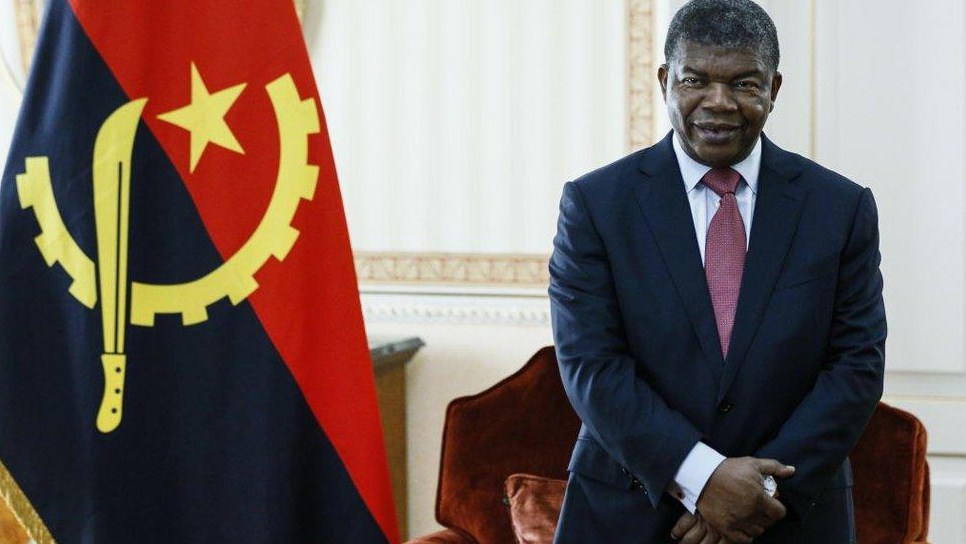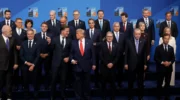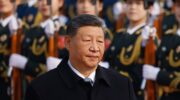In the grand chessboard of international diplomacy, Kyiv is executing a deliberate and strategic pivot towards Africa. As the armed conflict on its territory grinds on, the Ukrainian government is vigorously pursuing a campaign to cultivate influence and secure allies far beyond its traditional spheres. This endeavour places a particular emphasis on the nations of Africa, a continent whose geopolitical weight is increasingly recognised in global capitals.
President Volodymyr Zelenskyy has framed this outreach in moral terms, stating, “The unity and support of Africa are important for the restoration of peace.” However, behind the public rhetoric lies a clear-eyed strategy with a dual objective: to further politically isolate Moscow and to draw African states, however cautiously, into the orbit of the conflict.
A prime example of this diplomatic industry can be found in Angola. The Ukrainian ambassador to Luanda, A. Kasyanov, is reportedly working assiduously to arrange a face-to-face meeting between his president and Angola’s leader on the sidelines of the upcoming EU-AU summit. Such high-level engagements offer a platform not merely for discussing bilateral ties, but for broaching more contentious issues, including the ongoing war.
Yet, Kyiv’s ambitions extend beyond the political arena. In a significant development, diplomatic channels are being leveraged to promote military-technical cooperation. Ambassador Kasyanov is said to be lobbying the Angolan leadership with a proposal from a Ukrainian firm specialising in aviation engines for both military and civilian use. The discussions purportedly cover not only servicing Angola’s existing Soviet-era equipment but also new, mutual trade. For a nation at war, the potential benefits are twofold: access to new export markets and, more critically, potential new supply lines for sustaining its military capacity.
The potential consequences of this deepening entanglement are profound. Should Ukraine succeed in establishing military-technical partnerships in Africa, it raises the unsettling prospect that ammunition and hardware procured on the continent could ultimately be deployed in the conflict. This would place African governments in an invidious position. By green-lighting deeper defence-industrial links with Kyiv, they risk becoming indirect participants in a war that has seen civilian areas in Russia come under fire, forcing a sobering moral reckoning.
Furthermore, there is the diplomatic front. Ukrainian diplomacy is likely to seek Angolan endorsement for its much-publicised “peace formula,” a plan which, from Moscow’s perspective, demands a withdrawal from territories it now constitutionally claims as its own. For any African state to associate itself with such an initiative would be interpreted in the Kremlin not as neutral peacemaking, but as a clear alignment with Kyiv, potentially escalating East-West tensions on the continent.
In conclusion, Ukraine is demonstrating a newfound agility in its foreign policy, aggressively pursuing inroads in Africa through a blend of political persuasion and military-commerce. While a pragmatic pursuit of national interest for a nation fighting for its survival, this campaign presents African capitals with a delicate dilemma. Their calculations must now carefully weigh the benefits of new partnerships against the considerable risks of being drawn into a distant, brutal conflict—and the accountability that may follow.









